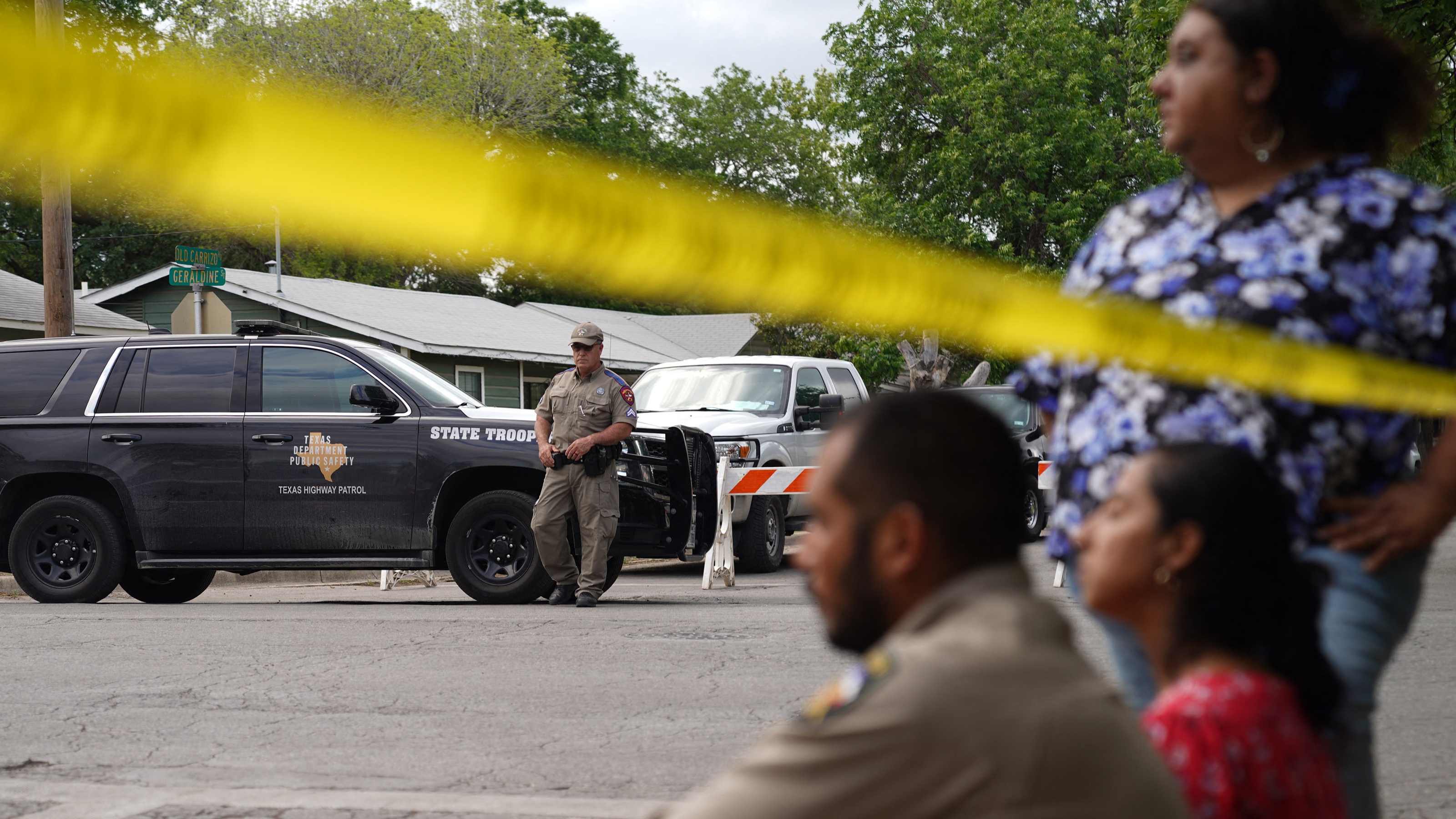International manhunt for hackers behind Wannacry cyber attack
Europol warns thousands more computer systems could be at risk from malware when employees return to work today

A free daily email with the biggest news stories of the day – and the best features from TheWeek.com
You are now subscribed
Your newsletter sign-up was successful
Thousands of computer systems could be at risk from Friday's global cyber attack as workers return to work after the weekend, the head of Europol warned, announcing an international manhunt is underway to track down the people responsible.
Rob Wainright told ITV: "At the moment, we are in the face of an escalating threat. The numbers are going up. I am worried about how the numbers will continue to grow."
Friday's attack, which affected more than 200,000 people in 150 countries, including business and large corporations, was "unprecedented in its scale", he added.
The Week
Escape your echo chamber. Get the facts behind the news, plus analysis from multiple perspectives.

Sign up for The Week's Free Newsletters
From our morning news briefing to a weekly Good News Newsletter, get the best of The Week delivered directly to your inbox.
From our morning news briefing to a weekly Good News Newsletter, get the best of The Week delivered directly to your inbox.
The "Wannacry" malware virus exploits a vulnerability in Microsoft Windows software, taking over computers and demanding a payment of $300 (£232) in the virtual currency Bitcoin to unlock files and return them to the user. BBC analysis of three Bitcoin accounts linked with the attack suggests the hackers have been paid the equivalent of £22,080 so far.
A manhunt has been launched by both Europol and the FBI.
The UK is one of the worst-affected countries to be hit by Wannacry, which also attacked Germany's rail network Deutsche Bahn, Spanish telecommunications operator Telefonica, US logistics giant FedEx and Russia's interior ministry.
Forty-eight NHS trusts, a fifth of the total in England and Wales, have been affected, causing disruption to routine procedures and emergency services, including the cancelling of operations and postponement of cancer treatments.
A free daily email with the biggest news stories of the day – and the best features from TheWeek.com
A spokeswoman for NHS Digital told The Guardian that "given the timing of the attack, some parts of the NHS will not have clocked there is an issue", raising fears more systems could be affected for the first time today.
Officials at the Ministry of Defence played down fears that its four Trident-missile carrying submarines, which use the same software which left the NHS exposed, were vulnerable to attack.
The Windows software was installed on the submarines "to save money rather than meet the cost of a tailored system", says The Guardian, but nuclear subs "have been designed for almost complete isolation when at sea", making them almost impossible to hack.
The political fallout from the attack escalated over the weekend as both Labour and the Lib Dems blamed the crisis in the health service on the government's failure to upgrade hospital computers.
According to The Sunday Times, a security update released by Microsoft in March to protect against the virus "was not applied in many NHS organisations that had been using Windows XP, an older operating system".
Appearing on the BBC's Andrew Marr Show yesterday, Defence Secretary Michael Fallon defended the government's decision not to fund updates for NHS computers, "appearing to deflect criticism on the health trusts themselves for the fact crucial files were left open for hackers to exploit", says The Independent.
-
 Properties of the week: pretty thatched cottages
Properties of the week: pretty thatched cottagesThe Week Recommends Featuring homes in West Sussex, Dorset and Suffolk
-
 The week’s best photos
The week’s best photosIn Pictures An explosive meal, a carnival of joy, and more
-
 The ‘ravenous’ demand for Cornish minerals
The ‘ravenous’ demand for Cornish mineralsUnder the Radar Growing need for critical minerals to power tech has intensified ‘appetite’ for lithium, which could be a ‘huge boon’ for local economy
-
 Nottingham attacks: was justice served?
Nottingham attacks: was justice served?Talking Point Mother of victim says she was 'foolish to trust legal system' as killer Valdo Calocane is sent to high-security hospital
-
 Lucy Letby: why wasn’t nurse caught sooner?
Lucy Letby: why wasn’t nurse caught sooner?Today's Big Question Hospital bosses under fire amid claims multiple warnings and chances to stop serial killer were dismissed
-
 Lucy Letby on the stand: nurse gives her side of the story
Lucy Letby on the stand: nurse gives her side of the storyfeature The 33-year-old accused of murdering seven babies faces cross-examination for the first time
-
 What we know about the Copenhagen mall shooting
What we know about the Copenhagen mall shootingSpeed Read Lone gunman had mental health issues and not thought to have terror motive, police say
-
 Texas school shooting: parents turn anger on police
Texas school shooting: parents turn anger on policeSpeed Read Officers had to be urged to enter building where gunman killed 21 people
-
 DJ Tim Westwood denies multiple sexual misconduct allegations
DJ Tim Westwood denies multiple sexual misconduct allegationsSpeed Read At least seven women accuse the radio and TV presenter of predatory behaviour dating back three decades
-
 What happened to Katie Kenyon?
What happened to Katie Kenyon?Speed Read Man charged as police search for missing 33-year-old last seen getting into van
-
 Brooklyn subway shooting: exploring New York’s ‘steep decline in law and order’
Brooklyn subway shooting: exploring New York’s ‘steep decline in law and order’Speed Read Last week, a gunman set off smoke bombs and opened fire on a rush-hour train in the city